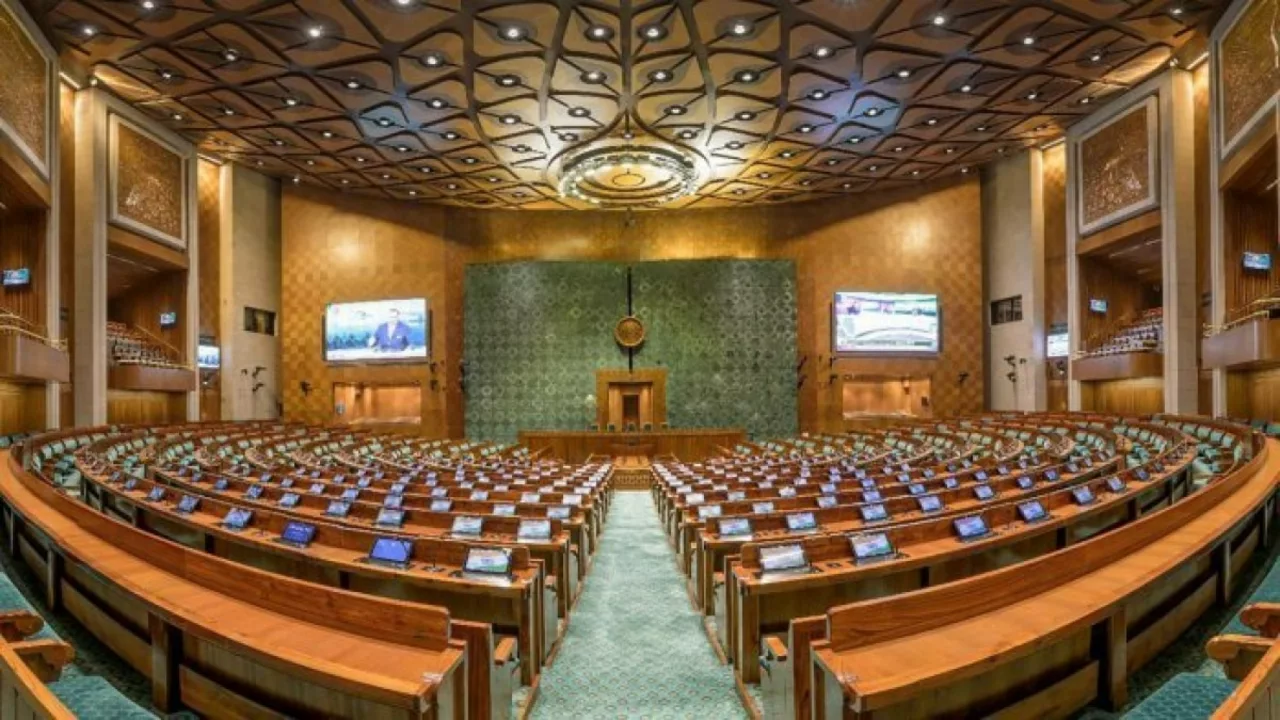The Air India Crisis: An Overview
The Air India crisis is a complex issue that has been unfolding for quite some time. This national carrier has been grappling with financial woes, spiraling debts, and a constant decline in market share. A series of failed attempts at revival by the Modi government has left many questioning why the government couldn't save Air India.
The Burden of Debt
One of the main reasons why the Modi government couldn't save Air India has been the astronomical debt burden the airline has been carrying. Despite several attempts to restructure the debt, the burden only grew over time, making it almost impossible for the airline to turn around its fortunes. The government's inability to manage this debt effectively played a significant role in the downfall of Air India.
Failed Privatization Attempts
Over the years, the government has made several attempts to privatize Air India, believing that this might be the key to reviving the struggling airline. However, these efforts have repeatedly failed, mainly due to the lack of interested buyers. This has only added to the financial woes of the airline, and the government's inability to execute a successful privatization process has been another reason why it couldn't save Air India.
Inability to Compete
Air India has been unable to compete effectively with other airlines, both domestic and international. The rise of low-cost carriers and the aggressive pricing strategies adopted by them have left Air India struggling to match up. This inability to compete effectively has also been a reason why the Modi government couldn't save the airline.
Lack of Strategic Vision
Air India has been criticized for its lack of strategic vision and planning. This lack of foresight and inability to adapt to changing market dynamics has left the airline lagging behind its competitors. The government's failure to instill a strong strategic vision in the airline's management has been a critical factor in the downfall of Air India.
The Impact of Political Interference
Political interference has been a significant issue for Air India. Decisions are often influenced by political considerations, rather than commercial viability. This has led to a lot of inefficiencies and poor decision-making, further exacerbating the airline's struggles. The government's inability to keep political interference at bay is another reason why it couldn't save Air India.
Operational Inefficiencies
Operational inefficiencies have plagued Air India for a long time. From high operating costs to poor management practices, these inefficiencies have further added to the airline's financial woes. The government's inability to address these operational inefficiencies effectively is a significant reason why it couldn't save Air India.
The Impact of Global Economic Factors
Global economic factors, such as fluctuating oil prices and the overall economic downturn, have also played a significant role in the struggles of Air India. The government's failure to mitigate these impacts effectively has been another reason why it couldn't save the airline.
Lack of Employee Motivation
Employee motivation and morale have been at an all-time low in Air India. The government's inability to address this issue effectively, along with the other challenges mentioned above, has been a significant factor in the downfall of the airline.
Conclusion: A Complex Web of Challenges
In conclusion, the reasons why the Modi government couldn't save Air India are complex and multifaceted. From financial woes to operational inefficiencies, from failed privatization attempts to political interference, a multitude of factors have contributed to the downfall of the airline. While the government has made several attempts to revive the airline, these efforts have largely been unsuccessful, leaving many to question why the government couldn't save Air India.
